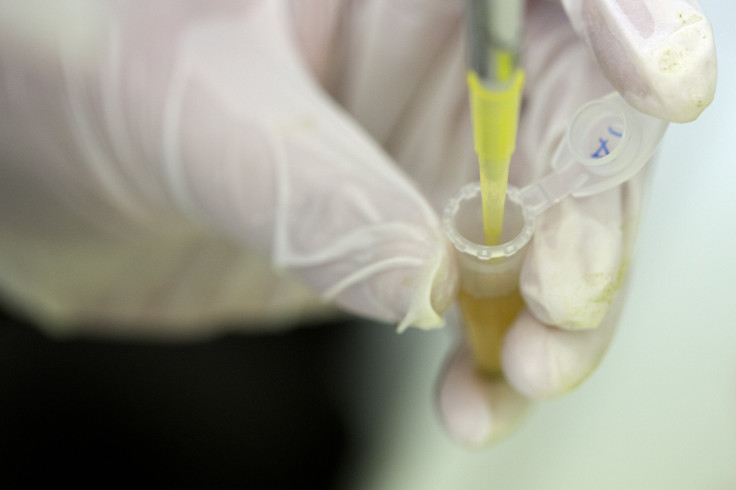New Ebola Vaccine 100% Effective, World Health Organization Confirms

The final test results of an experimental Ebola vaccine confirm that it is capable of providing 100 percent protection against the deadly viral disease. The vaccine — rVSV-ZEBOV — was developed with the help of the Canadian government and is under development by the U.S. drug manufacturer Merck.
The vaccine was studied in a trial involving 11,841 people in Guinea in 2015. According to the study published in the journal Lancet, among the 5,837 people who received the vaccine, no Ebola cases were recorded 10 days or more after vaccination. By comparison, 23 cases were reported among the control group whose members did not receive the vaccine.
Although a few mild side-effects — headache, fatigue and muscle pain — were reported, only two serious adverse effects — one case of fever and one of an allergic reaction — were found to be related to the vaccine.
"While these compelling results come too late for those who lost their lives during West Africa's Ebola epidemic, they show that when the next Ebola outbreak hits, we will not be defenceless," Marie-Paule Kieny, the World Health Organization's (WHO) assistant director-general for health systems and innovation, and the lead author the study detailing the test results, said in a statement.
In order to study the efficacy of the vaccine, the researchers employed a "ring-vaccination" approach — the same technique that was used to eradicate small pox in the 1970s. It involved vaccinating all people who may have come in contact with that particular case within the previous three weeks — friends, family and other visitors.
"Initially, rings were randomised to receive the vaccine either immediately or after a 3-week delay, and only adults over 18 years were offered the vaccine," the WHO said. "After interim results were published showing the vaccine’s efficacy, all rings were offered the vaccine immediately and the trial was also opened to children older than 6 years."
Although the vaccine is yet to be approved by regulators, 300,000 doses have already been created by Merck for use in case of another outbreak. The company is expected to seek regulatory approval in the U.S. and Europe sometime next year.
Although Ebola was discovered in what was then Zaire in 1976, it grabbed international headlines only in 2014, after an outbreak in West Africa quickly spiraled out of control and assumed epidemic proportions. Between 2013 and 2016, over 15,200 cases were confirmed in Guinea, Sierra Leone and Liberia, of which 11,300 died.
The outbreak provided the sociopolitical and economic incentive for research into an effective Ebola vaccine — efforts that, over the past four decades, had failed to bear fruit.
"Had a vaccine been available earlier in the Ebola epidemic, thousands of lives might have been saved,” Jeremy Farrar, director of the London-based Wellcome Trust, which supported the trial, said in a statement. “We have to get ahead of the curve and make promising diagnostics, drugs and vaccines for diseases we know could be a threat in the future."
© Copyright IBTimes 2024. All rights reserved.












